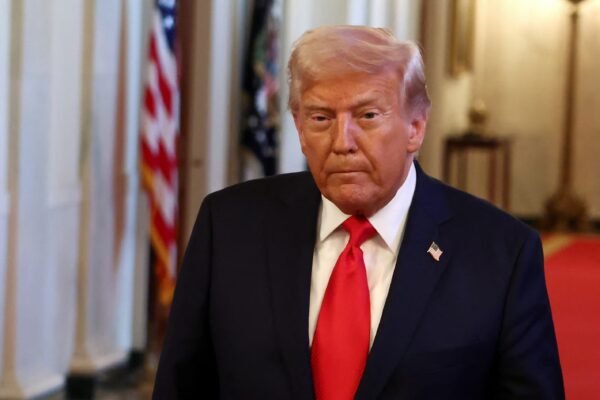Trump orders tariff probe on all US critical mineral imports

U.S. President Donald Trump ordered a national security investigation into all imports of critical minerals under Section 232 of the Trade Expansion Act of 1962. This probe aims to assess the impact of reliance on foreign sources—particularly China—for essential minerals such as cobalt, nickel, lithium, uranium, and the 17 rare earth elements, which are vital for the U.S. economy, defense, and technological innovation.
The investigation directs Commerce Secretary Howard Lutnick to evaluate market conditions and supply chain vulnerabilities that could threaten national security, defense readiness, price stability, and economic resilience. The U.S. currently produces minimal amounts of these minerals domestically and depends heavily on imports and foreign processing facilities, with China dominating the global supply chain.
This move escalates ongoing trade tensions with China, which recently imposed export restrictions on rare earth elements in response to prior U.S. tariffs. The Trump administration views these restrictions as a strategic attempt by China to leverage its dominance in critical minerals. The probe could lead to new tariffs on these imports, similar to previous tariffs on steel, aluminum, and copper, aiming to bolster domestic production and reduce dependence on foreign suppliers.
The tariff probe on critical mineral imports represents a significant step by the Trump administration to address national security risks and economic vulnerabilities posed by the U.S.’s dependence on foreign critical minerals, with a particular focus on countering China’s influence in this sector.
